After weeks of heated controversies regarding a ₦14.4 million allowance per Senator, the Senate claimed on Sunday that it didn’t fix its salaries.
The controversial allowances include travel and transport (local); travel and transport (foreign); stationeries and office materials; books; newspapers; magazines and periodicals.
Others are printing of non-security documents allowance; maintenance of vehicles; maintenance of office equipment; local training; international training; motor vehicle fuel cost; refreshments and meals; postage and courier services.
The Senate’s latest claim contradicted the statement by former President Olusegun Obasanjo to the effect that the National Assembly illegally and immorally fixes its earnings.
Obasanjo, during a visit by some members of the House of Representatives to him in Abeokuta, accused lawmakers of fixing their earnings against the dictates of morality.
Obasanjo said: “In your own case, with all due respect, you’re not supposed to fix your salaries. But you decide what you pay yourself, the allowances that you give yourself, newspaper allowances. You give yourself all sorts of things, and you know it is not right. It is immoral. You’re doing it, the Senate is doing it, and you beat your chest. In some cases, the executive gives you what you’re not entitled to. You all got ₦200 million.”
READ ALSO: Cautious optimism as senate begins fresh probe of petroleum sector
The allegation re-awakened public awareness about earlier reports that some ₦14.8 million allowance was being collected by each lawmaker in the National Assembly.
On Sunday, the Senate issued a statement denying allegations of involvement in determining its own salaries or receiving special fiscal packages from the Presidency.
In a statement released by its spokesman, Yemi Adaramodu, the Senate described the allegations as an attempt to “crucify the legislature by the centurions of political hypocrisy.”
Senator Adaramodu stressed that no Senator has received any financial patronage from the Presidency.
He clarified that the constituency projects often linked to the legislature are merely suggested and nominated by Senators, following practices common in other democracies worldwide.
The Senate said it only receives the salary allocated to it by the Revenue Mobilisation Fiscal Allocation Commission (RMFAC), in strict accordance with constitutional provisions.
 Former President Olusegun Obasanjo
Former President Olusegun ObasanjoThe Senate challenged anyone with credible evidence to present contrary facts, describing any suggestion that the National Assembly fixes its own salaries as “uncharitable and satanic.”
It further explained that “the Executive arm of government, through its various ministries, departments and agencies, is responsible for awarding contracts for the constituency projects. The funds allocated for these projects vary depending on the number of constituencies in each state, and the intention is to ensure that every region of Nigeria benefits from federal resources.”
As the country enters what some describe as a “season of political pontificating,” Adaramodu assures the public that the 10th Assembly remains a “responsible and responsive chamber.”
He reaffirmed its commitment to upholding the economy and growth of Nigeria, insisting that it only receives what is constitutionally allocated to it and would never seek additional perks from other branches of government.

 3 months ago
66
3 months ago
66

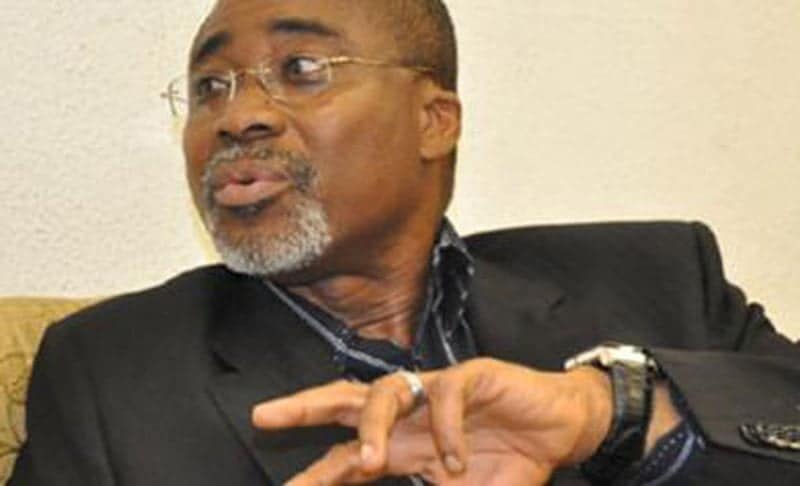
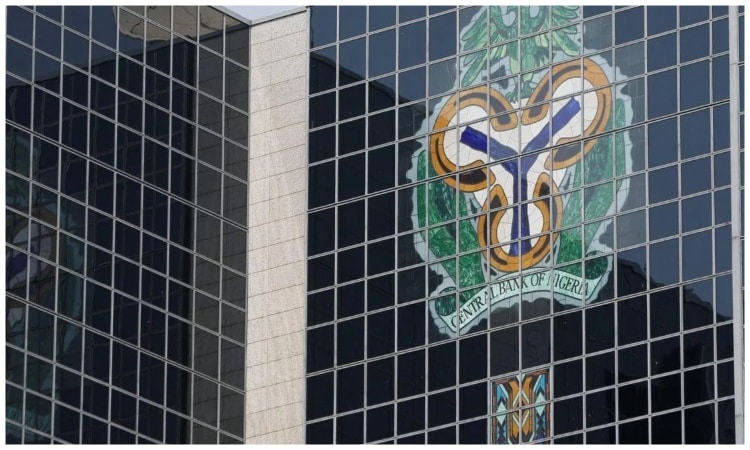

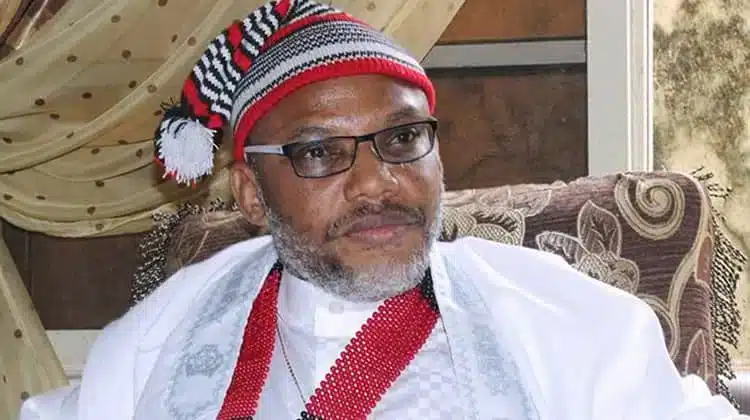




![[ICYMI] No N500m missing from customer’s account, says Access Bank](https://cdn.punchng.com/wp-content/uploads/2018/09/14183604/20180707-DSC_0077new.jpg)
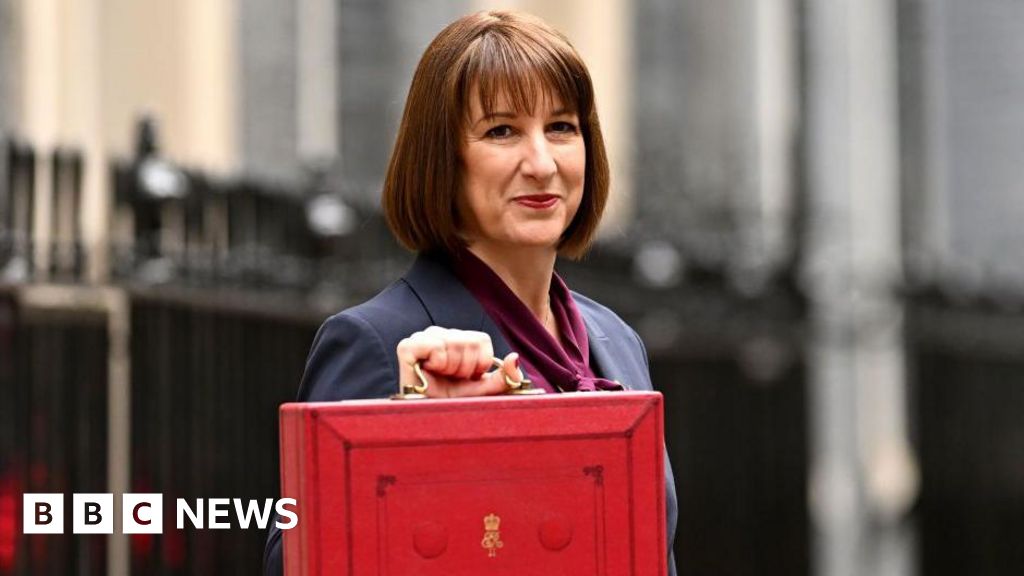
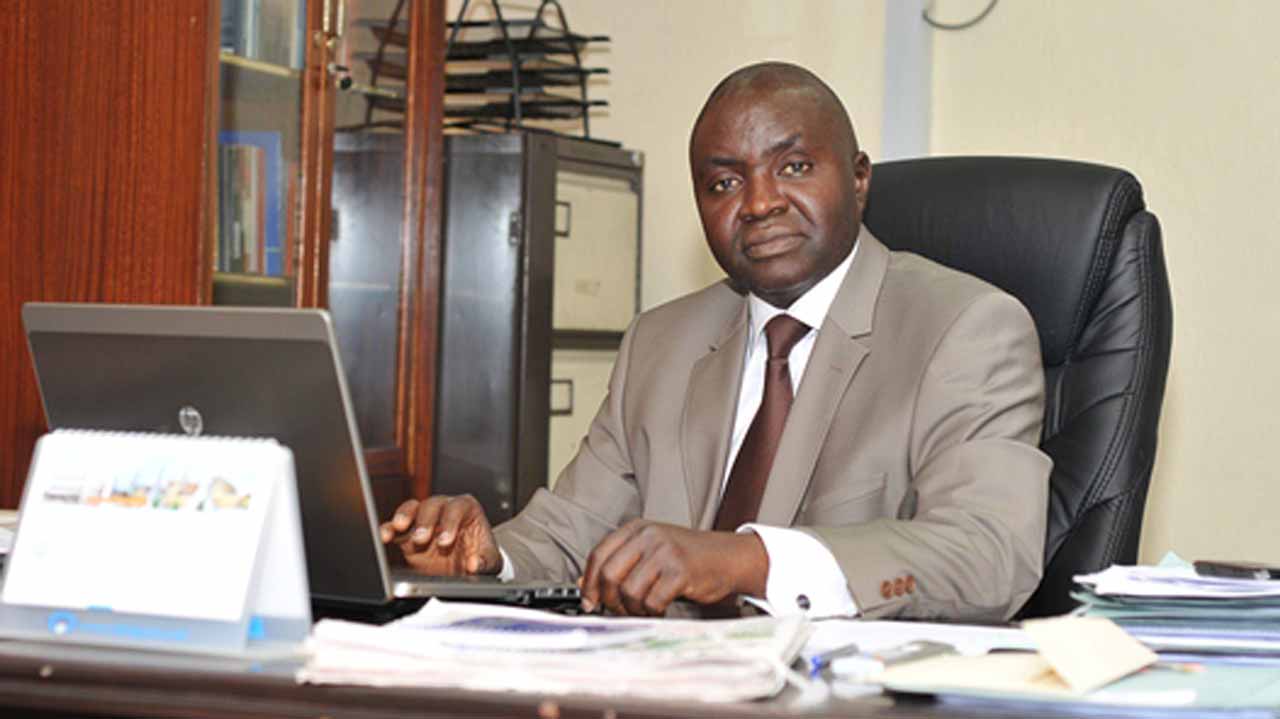
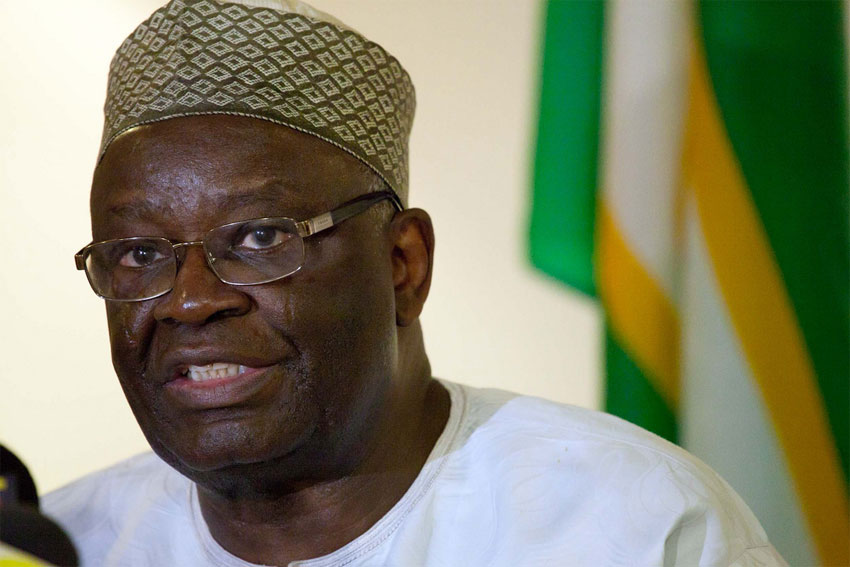
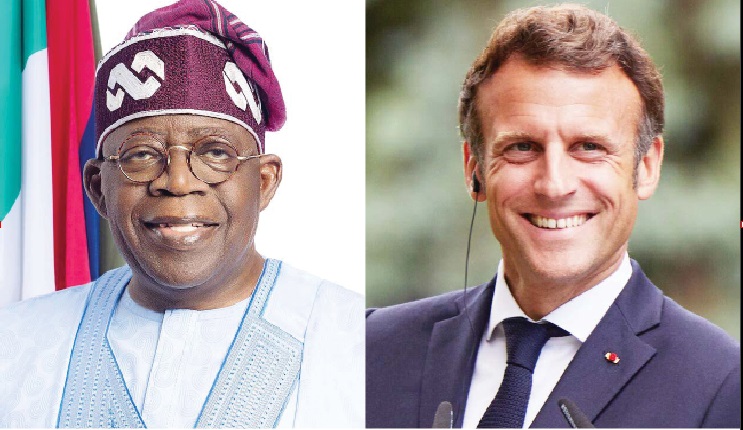

 English (US) ·
English (US) ·